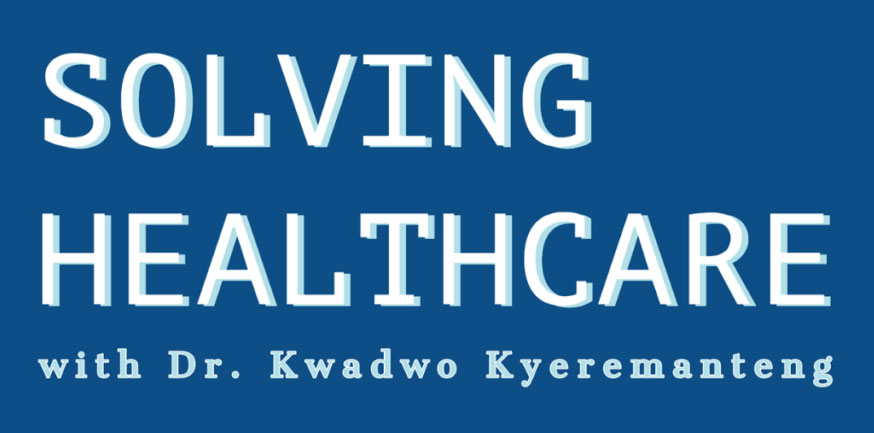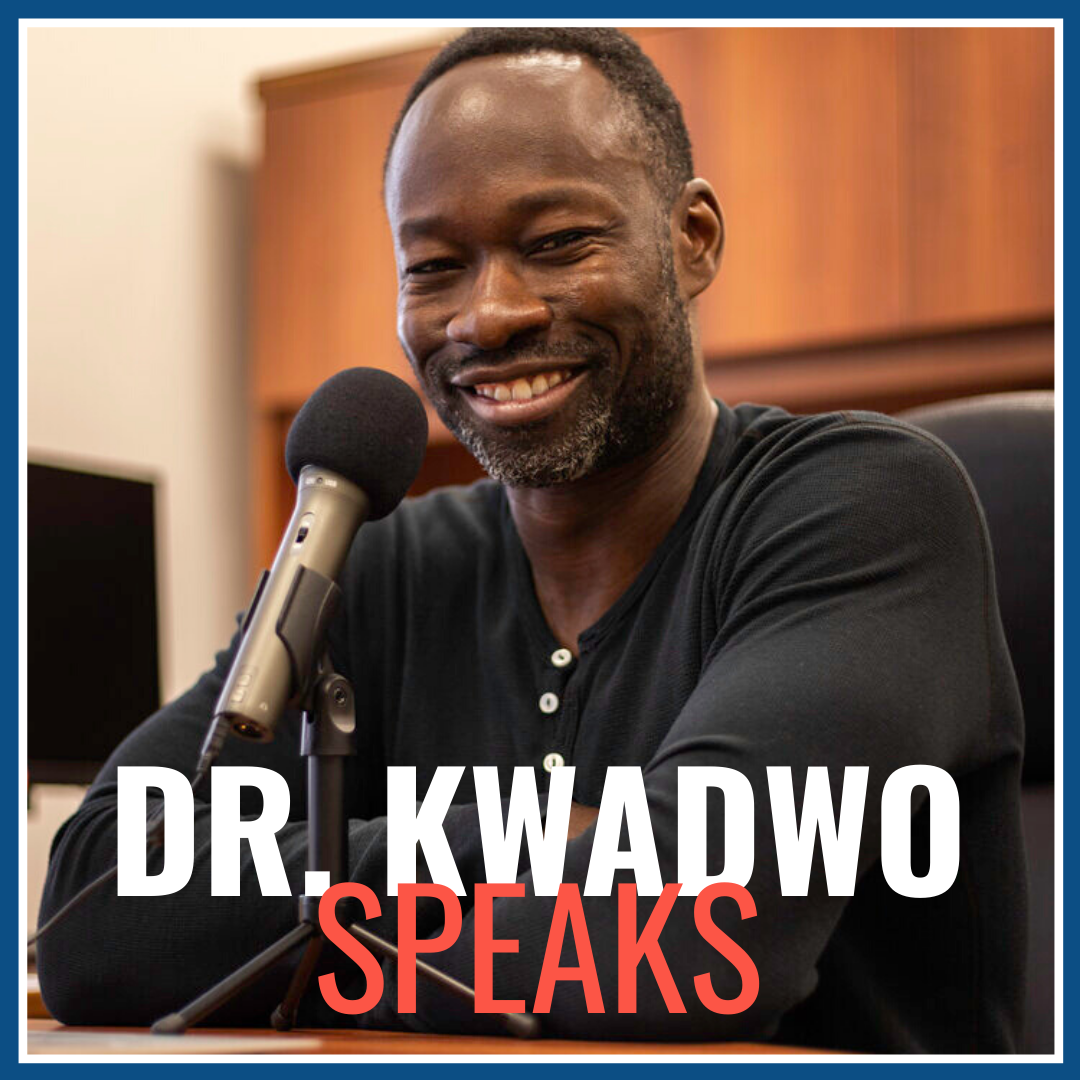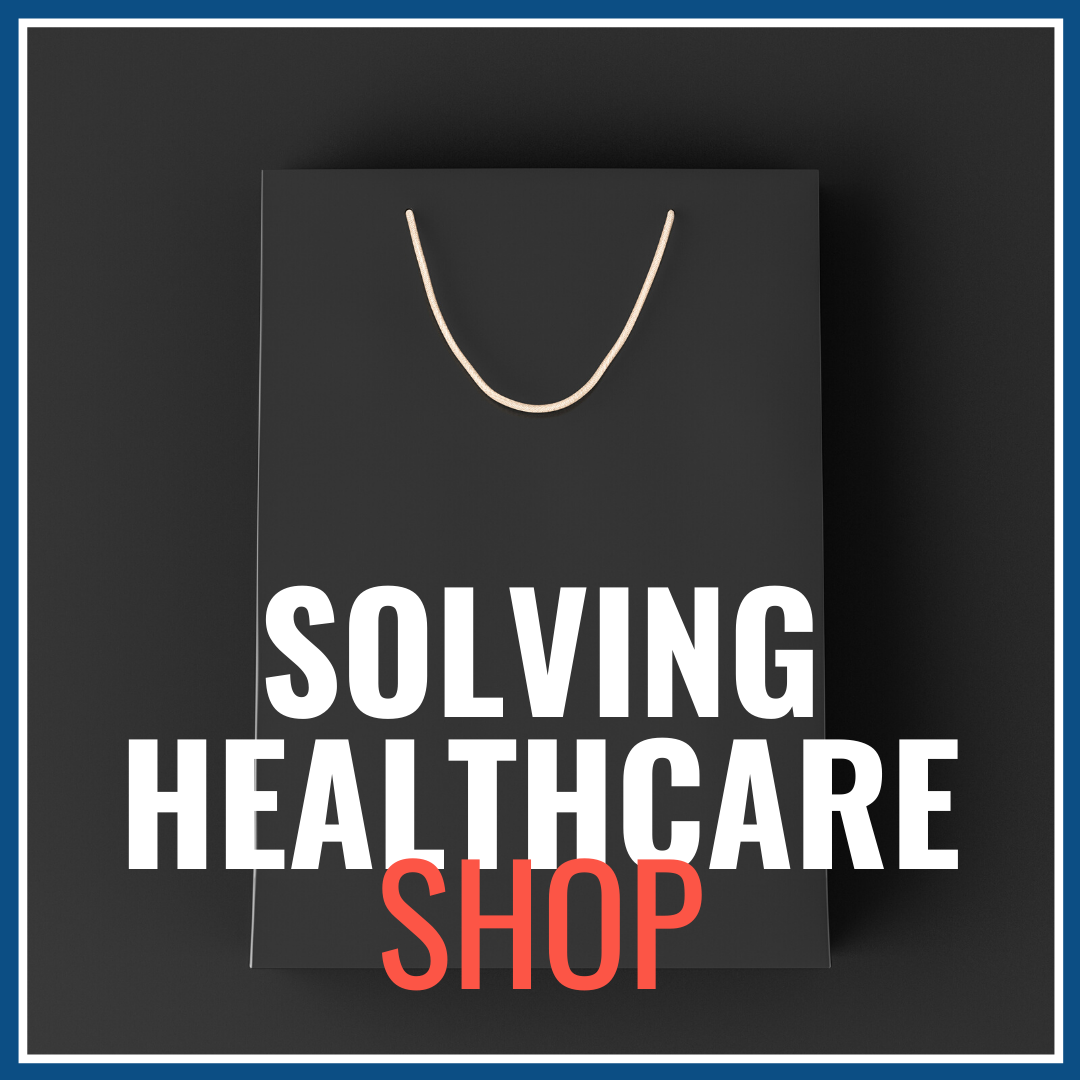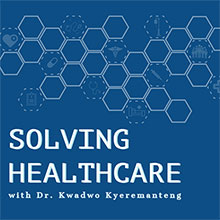Creating Resilience, with Clinical Psychologist, Michelle Sorensen
Quick Show Notes – Creating Resilience, with Clinical Psychologist, Michelle Sorensen
Key Takeaways
Michelle defines resilience as ‘the strength of a rubber band, not a brick wall.’ Resilience is more about mental toughness, and whether we can be flexible and bounce back during tough times.
It is important, especially as a parent, to make time to pay yourself back, as this may subsequently positively impact your thoughts, moods, or behaviors.
Michelle further defines mindfulness as something you learn experientially from practicing it and is more like a journey. It can be defined as paying attention to what is in the present moment.
There are some individuals that succumb to trauma, and others that grow from it. It is important to consider ways we may be able to teach these skills of resiliency and using adversity to grow.
Michelle recommends starting with a gratitude journal and including self-affirmations to help grow your resiliency.
A Closer Look
Resiliency & Self Compassion
Michelle defines resilience as ‘the strength of a rubber band, not a brick wall.’ Resilience is more about mental toughness, and whether we can be flexible and bounce back during tough times.
What are the principals to establish resilience? Resilience is both innate, arising from natural strengths or tendencies, and contextual, therefore it is important to analyze the factors that are within our control.
Within the context of our environment, thoughts affect moods, moods affect behavior, which leads to different physical symptoms. These factors will interact all of the time, and it is important to disrupt the cycle of negative behavior tendencies.
For example, a parent with young kids is feeling withdrawn and not themselves, and feeling like all they do is drive their children around to activities with no extra time to themselves. This leads to grabbing fast food on the go, and less quality time with their spouse. Disrupting this cycle may involve arranging a carpool one night a week, where the parent can have time to pay themselves back (whether it be yoga, date night, or a bath) and this may have subsequent positive downstream effects on other behaviors.
Steer away from the mindset ‘high performers are the winners’. Although it may come from a place of love when parenting, teaching your child compassion, and emphasizing the importance of just doing your best will help the child self regulate and perform better in the future. This circles back to the need for attachment before anything else for a child.
As a parent, getting judgemental with yourself may subsequently affect your parenting. When a negative emotion comes up, use self-compassion exercises, such as a 3 step process by Dr. Kristin Neff (notes in further readings); recognizing your emotions, note that these feelings are part of being human, ask what you need for yourself.
Resiliency & Mindfulness
Taking a second to decompress and be in the moment can be very important, whether is be mediation, deep breaths, or laying on the couch and listening to music.
How often should you ‘slow down’? The rest is productive. Many jobs involve a lot of hustle and may become counterproductive. In addition to employment, parenting, and marriage also may benefit from stepping away and coming back with a clear mind to problem solve better.
When you approach adversity, such as throughout COVID-19, we cannot expect ourselves to always find resiliency at the moment, we practice it over time.
There are some people that succumb to trauma, but others that grow from it. Are there ways we can teach these skills so people can use adversity to grow?
Developing this skill is about using a strength-based approach and looking for meaning: when you can’t change your environment, you have to change yourself. (see further readings: Man’s search for meaning)
Wondering where to start to help grow your resilience? Keep a gratitude journal and take a step further to add affirmations to give yourself credit.
About Michelle Sorensen:

Michelle has been registered with the Ontario College of Psychologists since 2006, first as a Psychological Associate and now as a Psychologist. Michelle is also a member of the Ontario Psychological Association. in 2018 she founded Ottawa South Resiliency Clinic.
She completed her Bachelor of Arts, Honours with first-class standing in 1997 at Queen’s University, and then graduated from her Master in Counselling Psychology at OISE at the University of Toronto in 2000. She has been in private practice since 2002, initially under the supervision of other psychologists, and then practicing autonomously since her registration with the College of Psychologists.
Michelle started her career in Toronto, with varied experience working at women’s shelters, Kids Help Phone, an Employee Assistance Program, and then in private practice. She has been practicing in Ottawa since 2007.
She is passionate about her work but makes time for other interests, including yoga, reading, time in the outdoors with her family, and travel
Visit Michelle’s clinic at :
http://www.ottawasouthresiliencyclinic.com
Episode Sponsors:
COVID-19: How to Manage Stress and Build Resilience
solvinghealthcare.ca/resilience
Low Carb & Ketogenic Approaches to Health:
Solving Healthcare and the Resource Optimization Network present our first virtual summit!
Purchase the recorded summit:
https://solvinghealthcare.ca/lowcarb
Kim Sutton:




